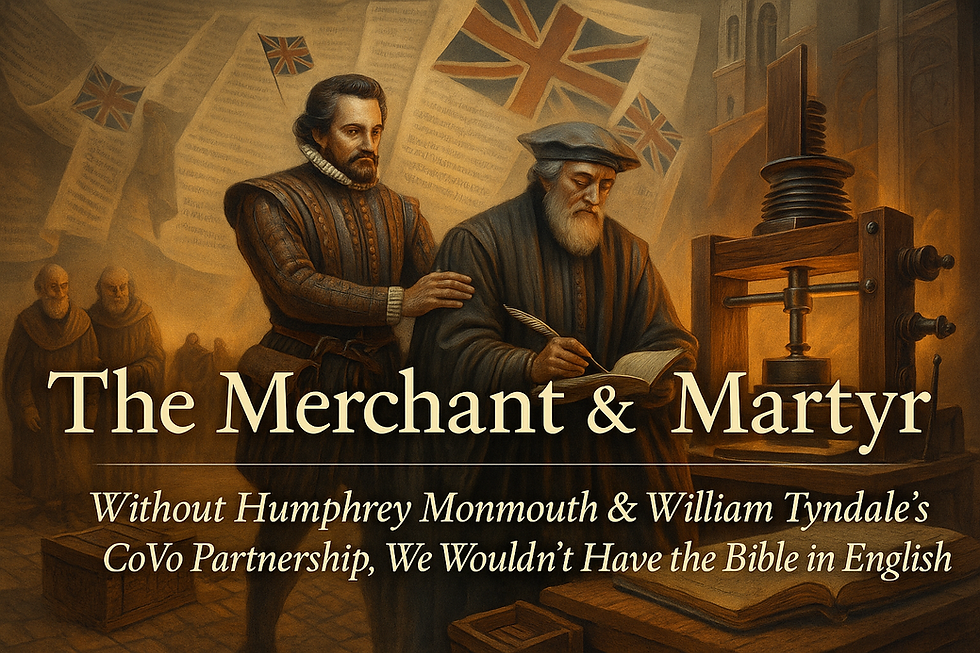Dead or Alive: The role of the apostle today
- Guest Contributors

- Jun 22, 2020
- 2 min read
by Josh Blake

The end will come. Jesus guarantees it. Before His ascension, Jesus gave some final words to His disciples in Matthew 28:18-‐20, which Christians now call the Great Commission. In Ephesians 4:10-‐13, Paul says that Jesus ascended so that He might fill all things. Paul, speaking about Jesus, says, “He personally gave some to be apostles, some prophets, some evangelists, some pastors and teachers, for the training of the saints in the work of ministry, to build up the body of Christ, until we all reach unity in the faith and in the knowledge of God’s Son, growing into a mature man with a stature measured by Christ’s fullness” (Ephesians 4:11-‐13 [HCSB]).
From a plain reading of this verse, it seems that Jesus intends to fill all things with His presence, and that was the reason He gave gifts to His people. It seems to say that Jesus gave these five gifts to equip the body to reach maturity and to represent Christ’s fullness in the world. That said, there are a few different views on the gifts mentioned in this verse. Some argue that apostles and prophets specifically have ceased. Others argue that all the gifts still exist in much the same function and authority. The church’s approach to the final commission of the Lord is drastically affected by one’s understanding of these gifts, specifically, the gift of apostleship.
I will argue for the ongoing role of the apostle today, and how that ultimately affects the church reaching full maturity and the completion of the Great Commission. I will begin by defining the term and then will explore what Scripture has to say, as well as the varying stances of theologians, on the gift of apostleship. Based on these observations, I will conclude that the gift of apostleship does still exist today, give a working definition, and outline how this impacts the individual believer and the global church as it relates to the Great Commission.




Comments